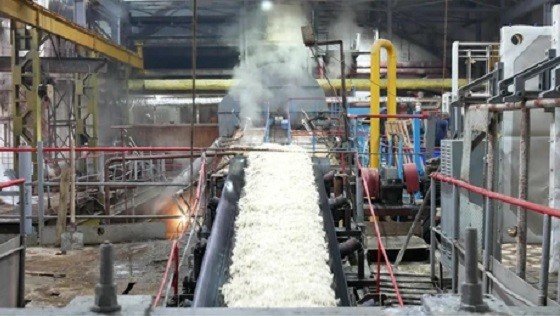Corteva’s PhytoGen® Cottonseed reveals new Pima Variety for 2021
California university trials of Pima cottonseed shows yield increase up to 15 per cent
PhytoGen® cottonseed, the U.S. cottonseed brand of Corteva Agriscience, announced an addition to its Pima varieties for 2021. PhytoGen brand PHY 807 RF was selected after consistently showing exponential yield increases in university trials.
“The newest addition to our Pima varieties delivers the same quality lint and fiber characteristics growers have come to expect from us,” said Joel Faircloth, U.S. Cotton Portfolio Manager for PhytoGen cottonseed. “The difference is PHY 807 RF has even greater yield potential and a more robust tolerance to FOV4 to help protect that yield.”
PhytoGen is the most popular brand of Pima cottonseed, planted on the majority of Pima acres in 2020. The new variety is an excellent companion to PhytoGen brand PHY 881 RF, known as the “Pima standard” in the industry.
“We advanced PhytoGen brand PHY 807 RF after seeing its strong performance in California university trials from Los Banos to Buttonwillow,” said Jennifer Crawford, PhytoGen Cotton Development Specialist. “Across all five trials, PHY 807 RF yielded 102 per cent to 115 per cent of the leading commercial Pima varieties.”
Crawford explained the variety also performed well with key cotton producers throughout the Central Valley of California as well as the Pima-growing regions in Arizona.
“We’re excited about this addition. And it’s just the beginning of the next wave. On the heels of this release are two to three more Pimas in the advanced stages of testing,” Crawford said.
“These higher-yielding additions to our already remarkable Pima portfolio is on plan for our pipeline. Our commitment to cotton doesn’t waiver, and our No. 1 goal continues to be to help growers thrive. PHY 807 RF is the cusp of things to come,” Faircloth said.
California university trials of Pima cottonseed shows














